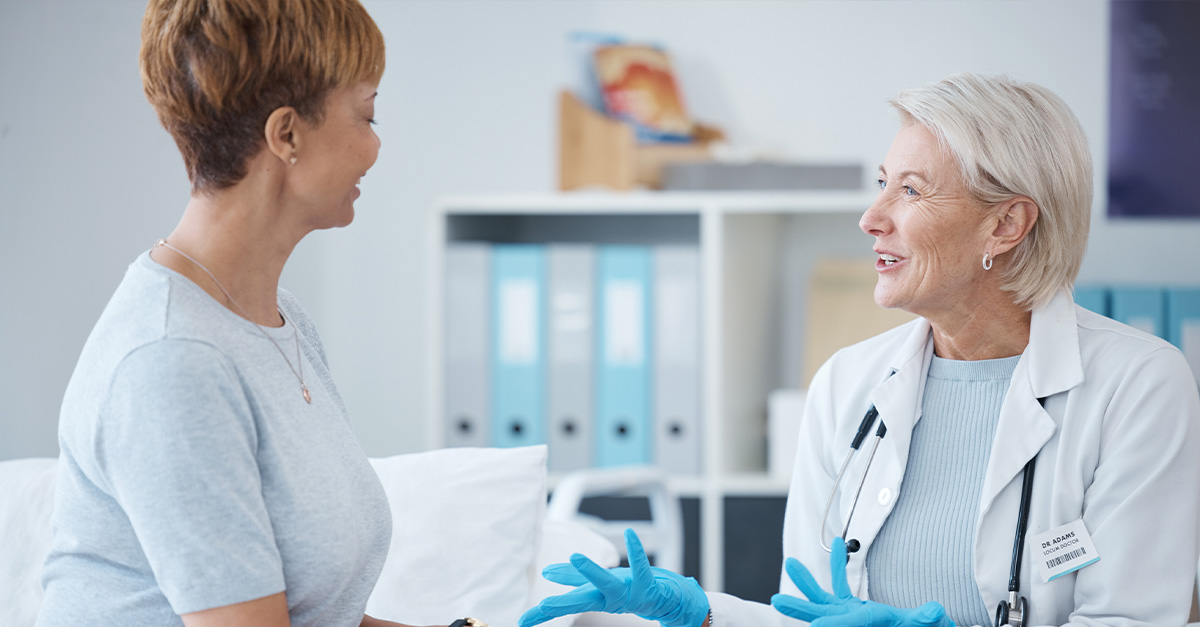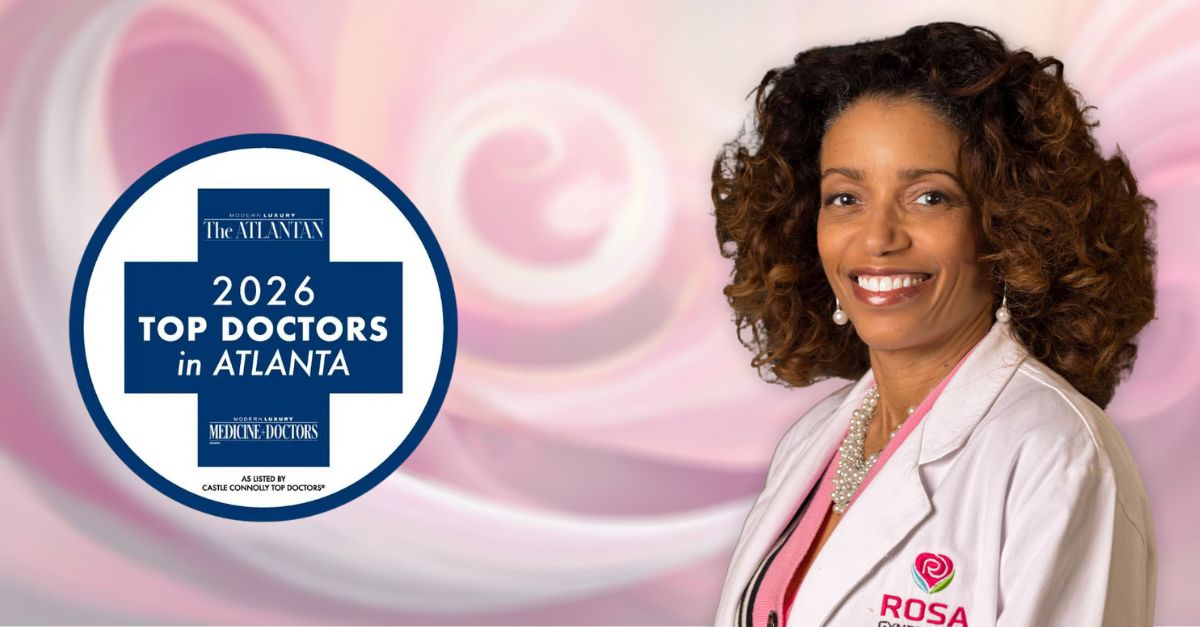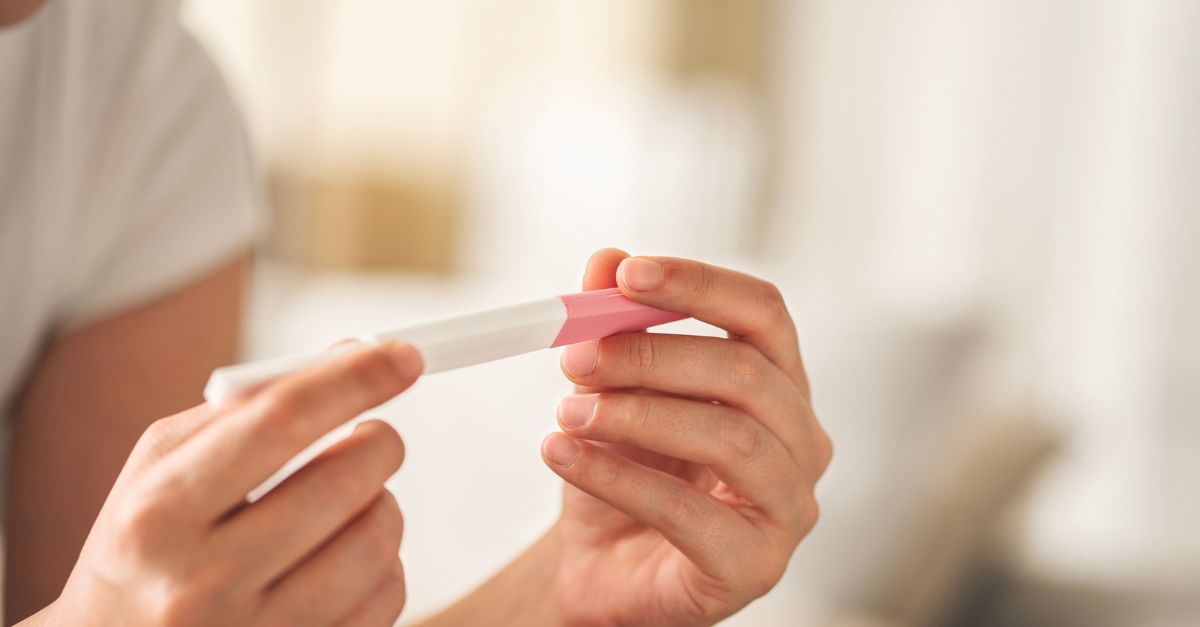Donning a paper gown and finagling your feet into stirrups probably isn’t your idea of fun, and it may sound even less appealing as you age. We get it! But seeing your gynecologist remains important even after your reproductive years have ended, and continuing to come in for regular checkups should be considered an essential component of self-care.
Here, we share what you should know about gynecologic care through your 40s and beyond.
What to Know About Gynecologic Aging
As you approach your mid-40s, menopause will likely be on your mind at some point. It’s no surprise why: with significant hormone changes, menopause can bring on some truly uncomfortable symptoms. And while you may not be able to prevent these issues altogether, it can be helpful to be aware of the possible timeline and the changes to expect.
When Does Perimenopause Start?
Menopause is the last menstrual period you’ll get, which typically occurs between the ages of 40 and 58. The average age for menopause is 51, but the time leading up to that can last several years. Your final period, and thus menopause, is confirmed after you’ve stopped having your menses for a full year.
As you approach menopause, you may experience the following symptoms:
- Changes in your menstrual cycle, including, heavier, lighter, longer, or shorter periods
- Hot flashes and night sweats
- Vaginal dryness and discomfort
These changes are brought on by the variations of hormone levels your body experiences during perimenopause. While these changes are normal, the symptoms they produce can be distressing. If your symptoms are disrupting your routine, we want to hear about it. From lifestyle changes to medications, our providers can make recommendations to ease your symptoms and restore your quality of life.
When Does Postmenopause Start?
Postmenopause occurs when you haven’t had a period in over a year. And while some symptoms could end once you’re postmenopausal, others may persist — which is part of the reason why it’s important to continue seeing your doctor even after your periods have ended.
Should I See a Gynecologist After 50?
No matter your age or when menopause happens for you, it’s essential to continue seeing your gynecologist at every age. In addition to working through solutions for any uncomfortable menopausal or postmenopausal symptoms you’re facing, your well-woman appointments are important for:
- Cancer screenings: Your risk of certain gynecologic cancers increases with age. Likewise, most women who are diagnosed with breast cancer are over the age of 50. With regular appointments, your gynecologist can make sure you’re up-to-date with screenings such as Pap tests and mammograms.
- Breast and pelvic exams: In addition to providing screening recommendations, your gynecologist will continue to perform well-woman exams, which may include breast and pelvic exams. This allows your gynecologist to look and feel for any abnormalities, potentially catching issues before you notice them.
- Preventative wellness: Gynecologic wellness is just one part of your health after menopause. Hormone changes can bring on a wide range of new developments, from mood changes to weight fluctuations and more. Your gynecologist can be your long-term partner for navigating the emotional, mental, and physical changes that come with aging.
Schedule an Appointment with Rosa Gynecology
We know doctor’s appointments aren’t always fun, but as we age, they’re an essential part of healthy, happy longevity. At Rosa Gynecology, our compassionate providers aim to make the experience as comfortable as possible and are ready to listen to any concerns or changes you’d like to discuss. To schedule your next visit, call 770-487-9604 or make an appointment using our online scheduler.




